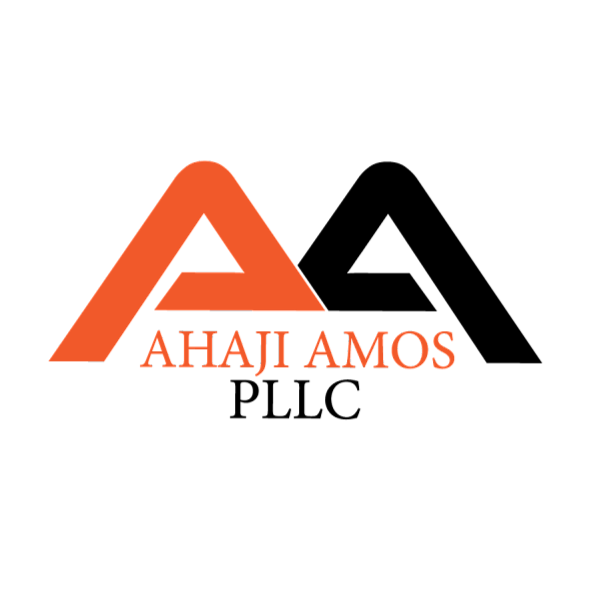Employee Ownership Trusts (EOTs): Succession Planning Tool
At Ahaji Amos, PLLC, we understand that a well-crafted succession plan is essential for the longevity and prosperity of your business. One effective strategy to consider is the establishment of an Employee Ownership Trust (EOT). This approach not only ensures a smooth transition but also empowers your employees, fostering a culture of ownership and commitment.
Understanding Employee Ownership Trusts (EOTs)
An EOT is a trust established to hold a controlling stake in a company on behalf of its employees. This model, exemplified by companies like John Lewis, allows business owners to sell their shares to a trust that benefits all employees, promoting a sense of collective ownership and responsibility.
Benefits of Implementing an EOT
Tax Advantages: Selling to an EOT can offer significant tax incentives, including potential exemptions from capital gains tax, making it a financially attractive option for business owners.
Business Continuity: EOTs facilitate a seamless transition of ownership, ensuring that the company's operations remain stable and that the organizational culture is preserved.
Employee Motivation and Retention: When employees have a stake in the company, they are more likely to be engaged, motivated, and committed to its success, leading to increased productivity and reduced staff turnover.
Preservation of Legacy: For owners who wish to see their business principles and values maintained, an EOT ensures that the company's ethos continues under the stewardship of those who understand it best—the employees.
Considerations for Establishing an EOT
Financial Viability: It's crucial to assess whether the company has the financial stability to support an EOT structure, including the ability to finance the purchase of shares from the existing owner.
Employee Engagement: The success of an EOT hinges on a motivated and capable workforce. Ensuring that employees are prepared for their roles as co-owners is essential.
Professional Guidance: Implementing an EOT requires careful planning and legal structuring. Engaging professionals experienced in this field can help navigate the complexities and ensure compliance with all regulatory requirements.
Conclusion
Transitioning to an Employee Ownership Trust offers a compelling succession strategy that benefits both the departing owner and the employees. It ensures the preservation of the company's legacy, provides financial incentives, and fosters a collaborative work environment.
At Ahaji Amos, PLLC, we specialize in guiding business owners through the process of establishing Employee Ownership Trusts. Contact us today to explore how this succession strategy can be tailored to meet your unique business objectives and secure a prosperous future for your company.
